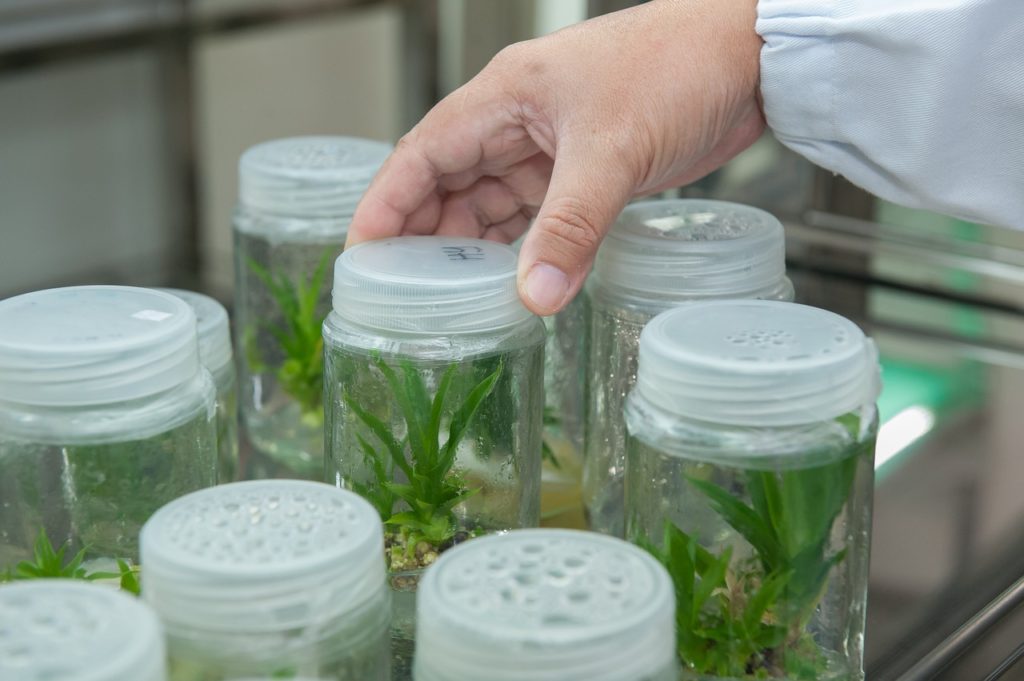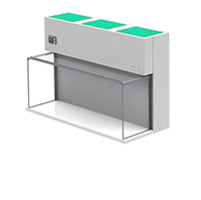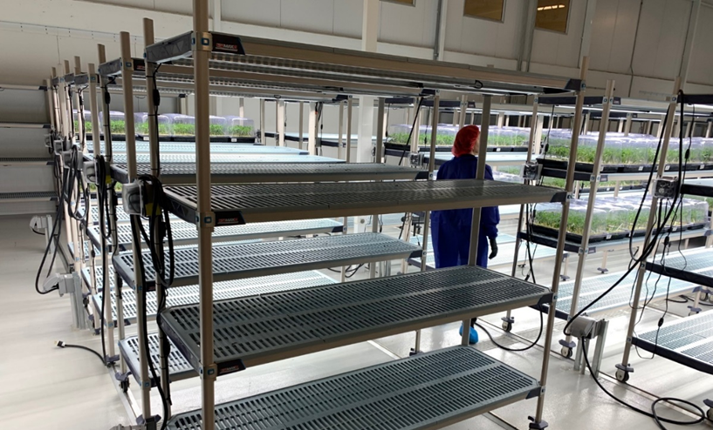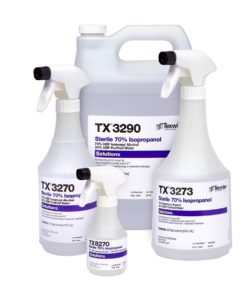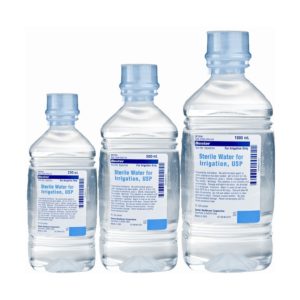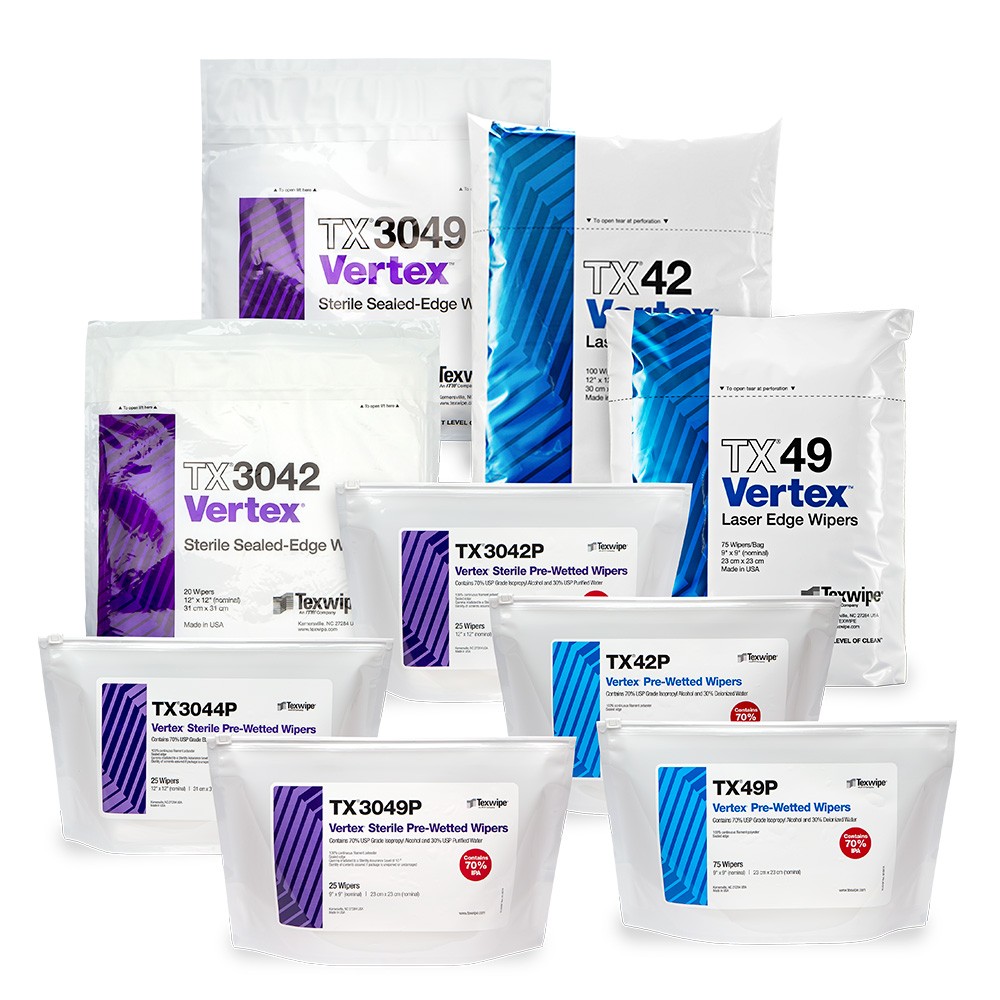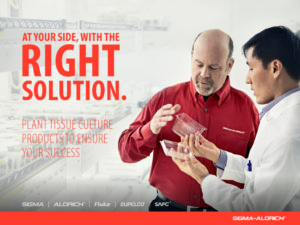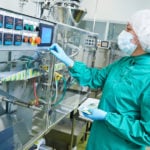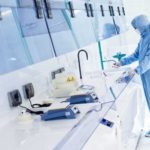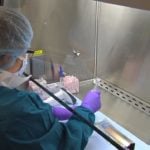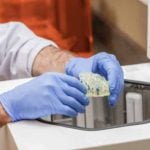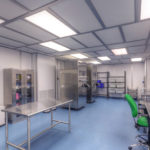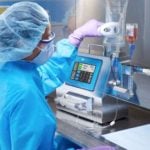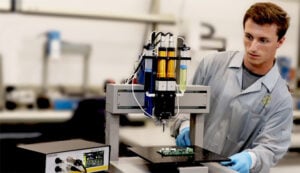Table of Contents
What is Plant Tissue Culturing?
Tissue culturing allows a small fragment of a plant (explant) to grow and function in an artificial medium. The medium, which contains cytokinin, sugars, and minerals is able to facilitate growth of shoots. Tissue culture is accomplished in-vitro, meaning that it’s grown in a test tube environment. The process is a needed response for plant genetics which have faced extinction via genetic degradation and generational vulnerability to powdery mildews and fungal infections.
Advantages of Plant Tissue Culture
- Clone plants with deteriorating genetics
- Clone plants that do not produce seeds
- Clone rapidly with less genetic variation
- Produce clones of plants with reproductive difficulties
- Produce disease free plants
- Produce many more clones with minimal floor space
Disadvantages of Tissue Culture
Because in-vitro tissue culture requires sugar, the environment is extremely conducive to bacteria, yeast, and fungus which immediately multiply and thrive, therefore compromising the culture. A sterile environment is essential during tissue culture processes. Any contaminants will quickly overcome the culture media. Here’s how sterile environments support tissue culture and clonal propagation free of bacteria, fungi, and microorganisms.
Sterile Environments for Plant Tissue Culturing
Process Requirements for Sterile Plant Tissue Culturing
Aseptic Workflow
How Does an Environment Become Sanitary?
Before an environment is ready for sterile processes, it must first be separate from parallel work spaces and maintain sanitary conditions.
All labs require sanitary conditions for support of sterile processing and aseptic workflows. As a general review for new or less established facilities, we’ll outline the parameters of both sanitary and sterile environments. However, this is by no means a comprehensive or complete list, nor does it constitute a recommendation from a controlled environment specialist.
Sanitary environments must remain absent of the following:
- Vermin (e.g., insects, rodents) or other animals (e.g., dogs) in the production area
- Microbial contamination (e.g., bacteria, mold) in the production area or adjacent areas
- Sources of non-microbial contamination in the production area (e.g., rust, glass, shavings, hairs, paint chips)
- Production while construction is underway in an adjacent area without adequate controls to prevent contamination of the production area and product
- Standing water or evidence of water leakage in the production area or adjacent areas.
Requirements for Sterile Processing
The requirements for a sterile processing facility depend on the risk associated with the task at hand. In regards to this post, we’ll simply outline some of the materials required for support of a sterile outcome in cell culturing and micro-propagation.
Environment Design for Cell Culture
Cell Culture Laboratory Construction
Learn MoreSterile Area Equipment Requirements
Aspetic Handling Area
A plant tissue culture operation requires an aseptic work area with limited access. Although a separate tissue culture room is preferred, a designated area or partition within a larger facility is often adaptable. for aseptic handling, incubation, and storage of cell cultures, reagents, and media.
The cleanliness of the area depends on the sophistication and risks involved with the process at hand. While some laboratories may demand state-of-the-art cleanrooms, relatively small capital investments allow task level isolation via over-pressurized laminar flow hoods. This allows a micro environment which is cleaner than average indoor air by roughly a factor of 1,000. Any process can be made cleaner within the confines of a laminar flow bench, regardless of it being in a clean room or not.
An independent laminar flow hood with HEPA filtration is the most feasible way to facilitate aseptic conditions.
A laminar flow workstation creates an outward current of air which allows continuous isolation of externally generated particles from the external environment (e.g., surrounding cleanroom or laboratory air and personnel).
In case where the substance or material in question is non-hazardous, the design is optimized for protecting the plant culture from opportunistic organisms. Laminar flow air moves in a single direction and in parallel layers at constant velocity from the beginning (back of cabinet) to the end (front of cabinet) with a straight line vector. An integrated HEPA filtration system and blower supplies Class 100 (ISO 5) or higher air quality. This is the air quality standard found in sterile cleanrooms and labs around the world.
Benchtop Laminar Flow Hoods
Quickly and easily turn any workbench, stainless steel table or cart into a laminar flow workstation by adding a benchtop unit. Simply plug it in, and you have an ISO Class 5 (Fed. Class 100) environment.
MetroMax shelving is ideal as a commercial cloning transport and shelving solution.
- Adaptive in shelf height to plant size
- Easy to clean and mitigates bacterial/fungal growth
- Supports easy integration of lighting systems as needed.
- Mobile and transport ready for commercial cloning
Supplies for Sterile Plant Tissue Culture
- Sterile Media
- Sterile Gloves
- Proper Garments (Lab coat, hair net, shoe covers)
- Sterile Containers and Dishes
- Sterile Disinfectants for Decontamination
What Type of Ethanol is Used for Cell Culture Activities?
Ethanol is an effective germicide, bactericide, fungicide, and vircuide. Alcohol/water concentration is a crucial consideration, as only 70% ethanol concentrations provide the proper water content to penetrate the cell wall completely, coagulate all proteins, and completely kill microorganisms. It’s important to note that alcohols do not provide a meaningful reduction of fungal spores.
What is Sterile Ethanol?
Sterile ethanol is micron filtered, cleanroom packaged, and generally contains 30% of purified water. It must be noted that 70% ethanol does not provide a meaningful kill rate for bacteria spores and fungal spores. This is why a localized heat sterilizer is often used for point of contact items like forceps and knives. Sterile containers and gloves ensure the lowest risk of introducing contamination.
Why You Need 70% Alcohol and Not 99% of Plant Tissue Culture
70% alcohol is an essential contamination control product in any cleanroom or laboratory. 30% water content ensures that the solution effectively denatures the proteins in the cell and it subsequently dies. Sterile solutions ensure that the alcohol itself contains no bacteria spores or endotoxins, otherwise the tool for decontamination – becomes the source of contamination. This is the contamination paradox.
Sterile ethanol and sterile isopropyl alcohol are designed for hyper-clean environments and sterile processes. Micron filtration to 0.2 µm, purified water, cleanroom processing, and a double-bagged and gamma-irradiated package with USP grade materials ensures a ready to use product.
View Sterile Ethanol online.
Plant Tissue Culture Sterile Water and Wipes
- Sterile Water for Irrigation, USP
- Prepared by distillation.
- No antimicrobial agents or other substances
- pH 5.5 (5.0 to 7.0).
- Osmolarity 0 mOsmol/L (calc.).
- Sterile, nonpyrogenic.
- Pour Bottle.
- View Pricing
- Tested for cytotoxicity and bacterial endotoxins for an extra level of contamination control assurance.
- Low levels of ions, NVRs (non volatile residues), particles and fibers for use in critical cleaning applications and environments.
- Packaged in easy-to-use, recloseable slider bags reducing solution evaporation that preserves the consistent wiper wetness level.
- View Pricing
Bulk Purchases and Consolidation
This post serves as an introduction to sterile laboratory processing, but it does not represent a recommendation for your facility. By no means is this a comprehensive or complete assessment. Laboratory process requirements are multifaceted and complex. All environments and workflows are unique, and so are the state and federal laws which oversee the operation. We’re available everyday to answer questions by phone, provide quotes, and help you process new and reoccurring orders faster.
Lab supply purchases are often time consuming, and require many suppliers, contacts, and invoices. PAC (that’s us) helps consolidate your purchases from a single point of contact. Need help sourcing chemicals or supplies for your tissue culture laboratory? We’re available everyday to help you consolidate your tissue culture supply equipment and chemicals by phone. Ask us about our credibility and verified status with global chemical supply manufacturers. We’re empowered to provide bulk discounts.
Supplies for Plant Tissue Culture
Various chemicals and supplies for sterile processing require a precise selection, as even when the molecule of a substance is identical, the quality and purity may present unique contamination challenges depending on the use.
Bulk Purchases and Consolidation
Lab supply purchases are often time consuming, and require many suppliers, contacts, and invoices. PAC (that's us) helps consolidate your purchases from a single point of contact. Need help sourcing chemicals or supplies for your tissue culture laboratory?
Let's Make Bulk Supply Fast & Easy
Lab supply purchases are often time consuming, they require many suppliers, contacts, and invoices. PAC (that's us) helps consolidate your purchases from a single point of contact. You tell us what you need, and we'll work directly with manufacturers to get you the best price and manage repeat purchases.
We're Your Supply and Contamination Experts
Many customers come to us when they have difficulty identifying or sourcing a critical purchase for industries including medical devices, biotech, drug compounding, healthcare research, horticulture, or handling of hazardous substances. Our contamination control specialists are here to help.
No Project Too Big, Go from Invoice to Final Install
PAC provides enterprise, commercial, and start-up laboratories with aseptic ready cleanrooms, furniture, garments, and equipment, including full laboratory environments. You're the expert on what happens in your lab, we're the experts on the design and installation of critical equipment and sterile ready environments.
Get Full Circle Support and 100% Standby for Support
Our dedicated relationships with global lab and chemical suppliers allow us to source products from hundreds of suppliers with unlimited quantity. That means you'll get a consolidated purchase order and product support. We work directly with manufacturers for warranties and returns so you don't have to.
How Can we Help?
Production Automation Corporation (PAC) is an authorized distributor for dozens of technical industries and over 30,000 products including Sigma-Aldrich. We help enterprise, commercial, and start-up laboratories define and consolidate a cost-effective strategy for laboratory supply and equipment supply throughout the US and Central America. (Hablamos Español). Send us a list of supplies you need, whether its chemicals, garments, PPE, reagents, workstations, or capital equipment, and we’ll bring it to life.
Related Posts
-
Updated: USP Sterile Compounding 2019
First published in 2004, USP Chapter has undergone proposed revisions as of July 2018. These revisions are now available for public comment.
-
What's the Difference Between Sterile and Aseptic Technique?
Are the terms sterile and aseptic used interchangeably? Is a cleanroom sterile? What is aseptic processing?
-
Cleanroom and Sterile Compounding Glossary and Definitions
The definitive cleanroom and sterile compounding glossary. Learn terminology and definitions for USP 797 and USP 800 compounding.
-
Sterile 3D Printing Materials for Medical Devices
Is sterile 3D printing possible? Are 3D printed parts sterile? This comprehensive guide to 3D printing sterile parts provides materials that withstand various sterilization techniques such as autoclaving, heat, ETO, and gamma. Here's how 3D…
-
Stainless Steel Tables for Sterile Processing
Learn more about the requirements of stainless steel tables during sterile processing.
-
USP 797 Guidelines: Sterile Compounding Cleanroom Design, Components, and Procedure
USP Chapter 797 cleanroom design requires that facilities pressurize non-hazardous compounding and storage areas. ISO 5, 7 and 8 environments support primary engineering controls, buffer rooms, and ante-rooms. Updated: 4/18/2019

